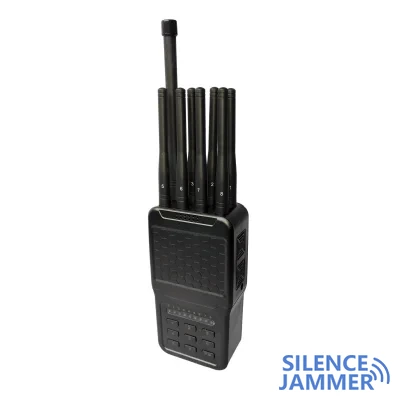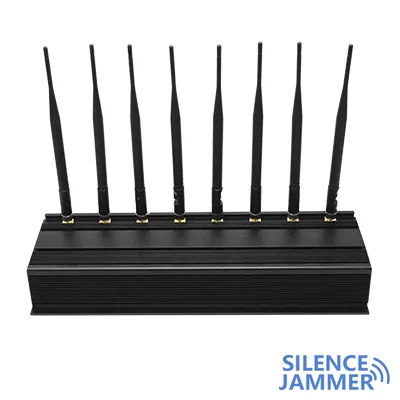On March 4, 2011, global positioning system (GPS) reception problems suddenly occurred in Seoul and its surrounding areas, and the government and military quickly pointed out that this phenomenon was caused by radio jamming implemented by North Korea. This incident not only attracted widespread attention within South Korea, but also caused an uproar on the international stage.

Impact and signs of interference
According to reports from government and military officials, the interference originated from the Haeju and Kaesong areas in North Korea and is believed to be implemented by the Quezon military unit. The interference manifested itself as inconsistent GPS mobile phone time, deteriorated call quality, and even affected equipment such as measuring instruments in military units, although the degree of damage was relatively small. In addition, the frequency of interference occurred approximately every 5 to 10 minutes, indicating a systematic testing nature, possibly North Korea testing new GPS jammer.

Military motives and international reactions
The South Korean military and intelligence agencies believe that the motivation behind North Korea's radio wave interference behavior is to try to destroy the communication equipment of the South Korean and US forces during the joint military exercises between South Korea and the United States. This behavior is not only a physical interference with technical equipment, but also a strategic provocation and threat, attempting to weaken the confidence and effectiveness of South Korea-US military cooperation.
International reaction and technical analysis
The international community's reaction to this incident is divided into two poles. On the one hand, attention is paid to North Korea's long-term development in the field of electronic warfare technology, especially the progress of GPS jamming technology, which reflects its strong strength in the non-traditional military field. On the other hand, international public opinion generally condemns North Korea's behavior, believing that it violates international communication rules and agreements and may pose a potential threat to the stability and security of the global navigation system.

Technical analysis and follow-up measures
Experts pointed out that due to the characteristics of GPS signals, they are susceptible to radio wave interference, especially when strong interference waves appear, signal reception will have errors, affecting navigation accuracy and normal operation of equipment. Lee Sang-wook, head of the satellite navigation research team of the Electronics and Telecommunications Research Institute (ETRI) of Korea, further explained that this interference may cause a light pollution effect similar to looking at stars at night, thereby weakening the reliability and accuracy of GPS signals.
In view of the seriousness of this incident and North Korea's continuous development in the field of electronic warfare technology, the international community has called for strengthening the security measures of the global navigation system and improving the ability to respond to non-traditional military threats. In the future, it is expected that relevant countries and international organizations will further closely monitor and respond to similar incidents to ensure the stable operation and security of the global navigation system.


